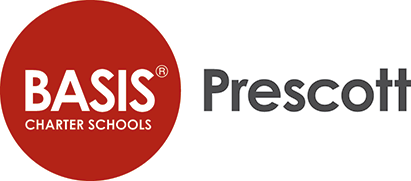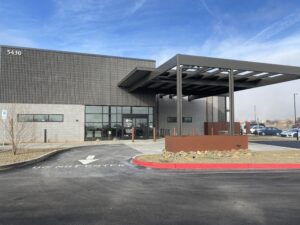Week 3: When it all Comes Crashing
This week’s blog is going to be pretty anecdotal. I will be talking about a cyber attack on health care.
First, let me provide you with the background..
Around two weeks ago, there was a cyber security attack on Change Healthcare. Change Healthcare is a major company that manages the majority of healthcare services’ revenue cycles, scheduling, and pharmacy communications. Basically, it’s a major platform and this outage was serious. However, Change Healthcare plays different roles depending on what general system you’re using to manage your private medical facility. For example, the system used by Arizona Oncology was completely disrupted while the one used at the clinic only has certain features down.
Now, this was a really unique situation to see as an OBSERVER. Everyone back at AZ Oncology we’re sent into a frenzy. In fact, Malinda said that within her 16 years of work there she has never dealt with a crash. While this was a National issue, each facility was left to figure out how to manage it by themselves. Arizona Oncology (AO) first developed an excel sheet that all the doctors were using to see when they were scheduled. Secondly, they switched to a temporary scheduling system, but the issue is no one knew how to use it! When I went in last Thursday, I walked into a big online meeting of endless direction on how to use this system and that’s what they’ve been trying to communicate to their entire scheduling team for a couple of days now. This weekend, employees had to come in and reschedule almost 300 patients, and it was hard for them to find willing employees.
Something I learned when they were discussing this problem is that it will always fall on the administrator to fix the mess regardless of whether or not it’s their job. I believe Malinda (the Director of Operations) was coming in over the weekend to help reschedule patients because some employees could not make it in on the weekend, which is fair. If this was not enough, another pretty big issue they’re facing is collecting profit. Now the new system they are using does not allow them to collect co-pays or any payment. They have had to send home their billing sector, with pay, because there is no work for them. Their plan as of right now, is to call the patients back when their old system is working again to collect revenue. However, this is going to require more weekends worked. AO is currently paying for really expensive infusions and medications now without insurance and patient compensation. I asked Malinda, noticing all these extra fees and the lack of payment, “How long would they be able to keep on performing procedures before they could not afford it anymore?” Of course, she did not know the exact amount of time, but I could tell it was a stressor. She did say though, that this will definitely affect their month.
In all this mess, at least they had their own pharmacy. At AZ Neurosurgery and Spin, we do not.
While there has not been issues with collecting patient payment or scheduling, there has been issues with verifying insurances and sending medications to a pharmacy. Luckily, this will not require extra weekend work.
Today, according to CNBC, “90% of the nation’s pharmacies have set up an electronic workaround.”
Through this experience, I got to see how such facilities tackle these challenges, how alone they are in these situations (“We hear crickets from corporate during these situations” – Malinda), and how financially straining these issues are.
Next week I will give everyone an update. Thank you for reading!


